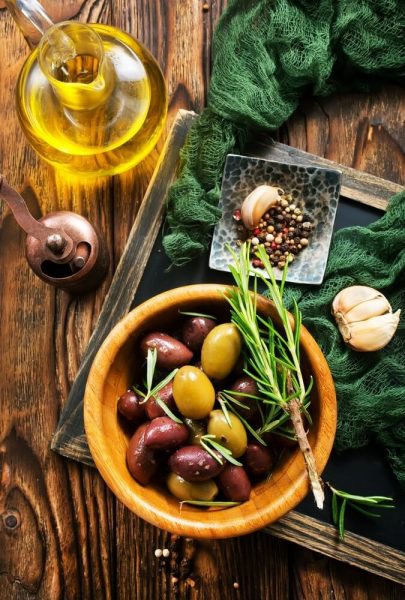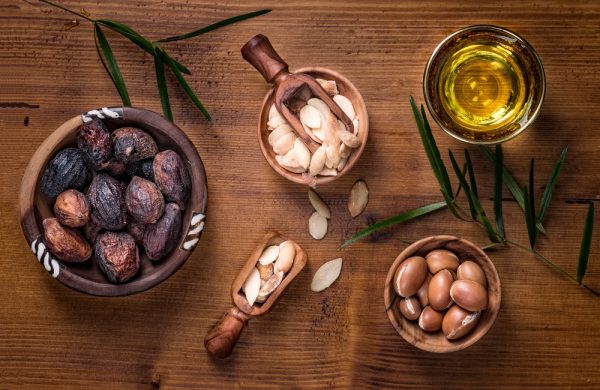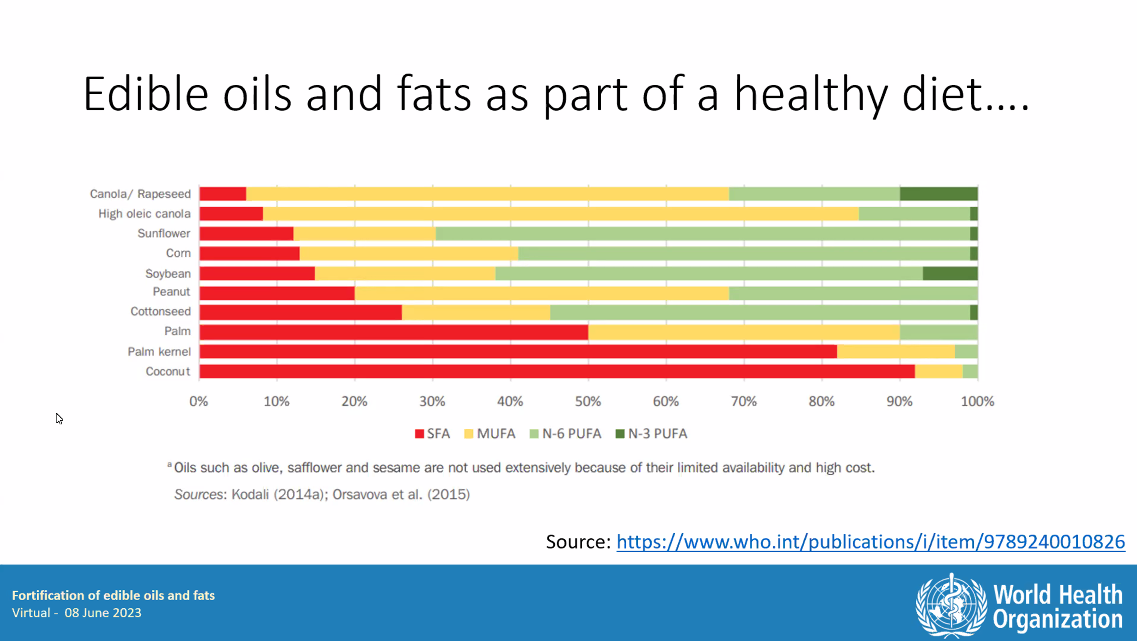All around the world, it’s warm. What to drink, what to eat? Can the Argan oil sommelier help out? What is a sommelier actually?
Sommeliers advise and educate
For centuries we have been familiar with the profession of wine sommeliers; different types of wine, regions, flavor profiles, and pairings: they know it all: wine is their expertise. Well-versed through different levels of intense training and certification. Chevalier du Tastevin for example is a qualification for Burgundy wines, and a ‘Master Sommelier’ is the highest qualification level.
You may see sommeliers at your restaurant table recommending wines; you may also be familiar with tea sommeliers, and not only if you favor ‘afternoon teas’. Just like wine sommeliers, tea sommeliers have their focus on the sensory evaluation, pairing, and appreciation of teas.
Liquid food and drinks have their sommeliers. There are Beer sommeliers ( ‘Cicerone’), Whiskey -, Coffee-, Water -, and Sake sommeliers.
Oil Sommelier
Relatively new is an ‘Oil sommelier’. These sommeliers can provide guidance on pairings with specific foods to enhance the overall dining experience. They can also educate guests about the importance of oil in gastronomy or the perception of flavors.
The emergence of oil sommeliers reflects the increasing interest in the sensory aspects and the recognition that oil can significantly impact the taste and enjoyment of food and drinks (enjoy it in your smoothies!). And with the importance of sustainability on the rise, knowledge of sourcing and understanding of the supply chain is key.
Other than in the US, where the oil sommelier mainly guides you on olive oil, an oil sommelier in Japan has its focus not only on olive oil but also sesame or avocado oils. These specialists can provide expertise on the unique qualities, flavors, and best uses of these oils in gastronomy.
Olive Oil Sommelier

There are more than 100 certified olive oil and argan oil sommeliers in the US, specializing in the evaluation, appreciation, and pairing of different types of olive oil. They have extensive knowledge of various olive oil varieties, production methods, regions, and flavor profiles. These sommeliers are trained to assess the quality, aroma, taste, and characteristics of olive oils through sensory analysis.
Oil sommeliers provide guidance on selecting the right olive oil for specific culinary purposes, such as drizzling over salads, cooking, or finishing dishes. They can also educate consumers and professionals on the different grades of olive oil, the impact of terroir on flavor, and the nuances of production techniques
The Argan Oil Sommelier

This isn’t a profession yet, as far as we know. Why? Culinary argan oil is a relatively niche, specialty oil. It’s getting more and more traction in professional gastronomy. ‘Culi’ is well known by foodies, followers of the Mediterranean=, and healthy lifestyles. Extra-Virgin Argan Oil (EVAO) is the preferred choice and it must be 100% Organic. The production volume of EVAO is not large and the export volume is significantly less. The USDA doesn’t list it in its import reports as the volume is too low to register. The WHO didn’t list culinary argan oil in a June 2023 graph on oils for healthy diets:

Other than for olive oil, there is no training course for argan oil sommeliers, nor is there an education framework by the producers. Especially in the last couple of years we are more and more contacted by oil sommeliers to provide information or provide samples. The purity, benefits, and flavor profile of EVAO and key topics, just as sustainability.
Let’s hope we can report on the presence of Argan oil sommeliers by next year!
